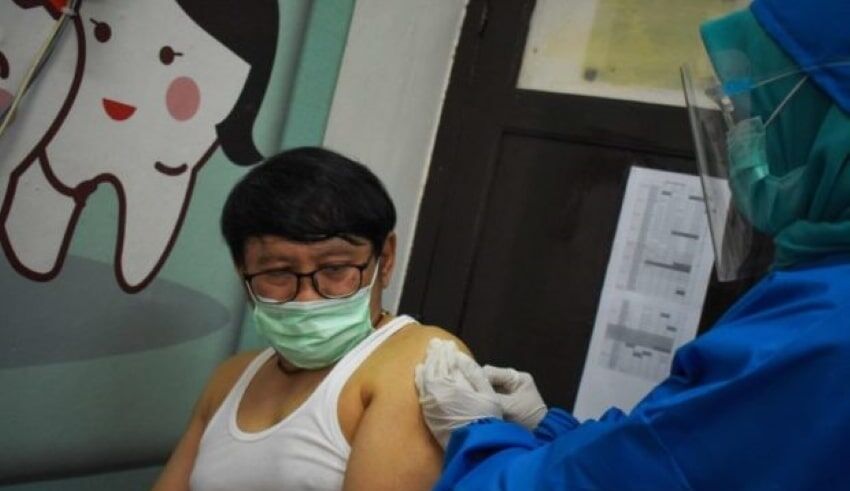
Last updated on May 18th, 2021 at 05:28 am
Medical experts have criticized Indonesia ‘s Intelligence Unit (BIN) and Army’s unwanted involvement in efforts to find a cure for Covid-19, claiming that the associated clinical trials violated international protocols.
This came after military chief Andika Perkasa announced that Indonesia was planning to produce drugs to fight coronavirus, and he expected BPOM, the U.S. Food and Drug Administration’s Indonesian equivalent, to authorize three existing drug combinations that he claimed could cure Covid-19.
BIN ‘s secretary, General Bambang Sunarwibowo, told MetroTV night that his agency began its efforts in March, because of concerns about the high rate of fatality and the rapid spread of the virus in Indonesia, and that BIN was funding this project.
In response to doctors who were perplexed by the involvement of an intelligence agency in a medical endeavor, according to General Bambang they initiated it. BIN is part of the government. Airlangga University, which works with BIN, the army and several hospitals, carried out the research.
The Airlangga University and BIN first announced in June that they had discovered five drug combinations to fight Covid-19. They also implemented three of these five variations in the following clinical trials. The three combinations are Azithromycin and Lopinavir / Ritonavir; Lopinavir / Ritonavir and Doxycycline; Hydrochloroquine and Azithromycin.
The University of Airlangga said in a presentation report about its clinical trial that the drugs under study showed their efficacy after three to seven days of administration, stressing that examination of kidney, liver and heart function later proved normal.
The trials were held from 7 July to 4 Aug. According to the 1report seen by The Straits Times, 754 of the 1,127 subjects who participated in the initial stage qualified after meeting the inclusion criteria. Researchers must specify criteria for participation in each clinical trial, factoring in the age , sex and past medical history of the participants.
Antara, the state news agency reported that Dr. Pandu Riono, who teaches at the medical school of the University of Indonesia, questioned the consortium ‘s failure to submit a report of its clinical trial to the World Health Organization International Clinical Trials Registry Platform, so that academics and researchers around the world could access it for transparency. The WHO’s registry platform serves to ensure a complete view of research is accessible to all those involved in healthcare decision making.
According to WHO This will improve research transparency and will ultimately strengthen the validity and value of the scientific evidence base
Platform registration includes documentation of a trial’s aims, architecture and procedures, as well as providing context and justification. Participants in the trials must be selected at random and represent different groups to reduce bias.
Prof Zubairi Djoerban, head of the coronavirus task force of the Indonesian Doctors Association, said on MetroTV that the University of Airlangga should have sought peer reviews on its study first before any public announcement.
The National Covid-19 task force issued a statement in an apparent move to prevent public confusion, citing Prof Ali Ghufron Mukti, head of the government’s Covid-19 research and innovation consortium, that said there is no specific drug that cures Covid-19 upto now.




